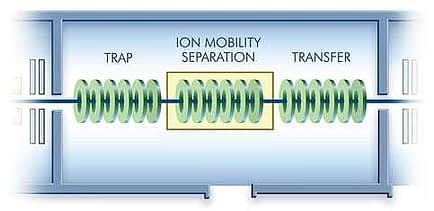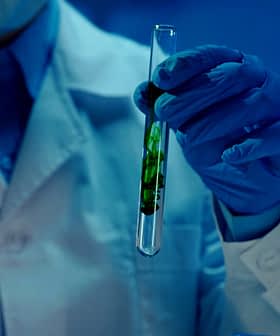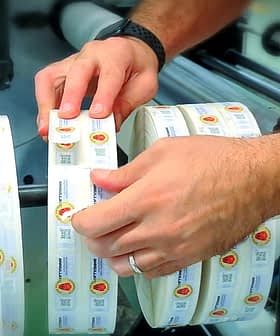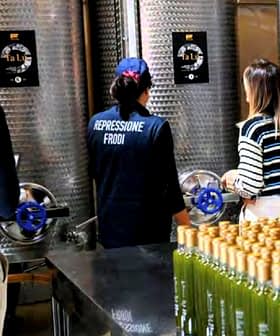Test to Detect Explosives Also Finds Bad Olive Oil
Researchers at the University of Córdoba have found that ion mobility spectrometry, commonly used to detect explosives and drugs at airports, can also effectively identify fraudulent olive oil, which is a major issue in the industry due to the lack of reliable analytical methods. The application of this technique could provide a faster, more reliable way to determine if an olive oil is truly extra virgin, potentially helping to combat fraud in the sector.

Photo: waters.com
Researchers at the University of Córdoba have proven that ion mobility spectrometry, the analytical technique most commonly used to detect explosives and drugs at airports, is also effective for identifying fraudulent olive oil.
Olive oil falsely labelled as extra virgin is a major problem in the olive oil sector, with no one effective analytical method to identify and reveal fraud. Current analyses to determine if an olive oil is in fact extra virgin rely on sensory evaluation in conjunction with a number of analytical tests, with no test deemed completely effective for detection.
Current chemical tests, including determination of free acidity, peroxide value, wax content, fatty acid, sterol, and triglyceride composition, are often ineffective in detecting adulterated oils. These oils are typically mixed with lower grade olive oils which have been chemically deodorized, making them difficult to identify.
Federal food and drug guidelines state that to be labeled as extra virgin, the oil must be low acidity, comprise entirely of oil from the olive fruit and be cold pressed. The oil must also undergo a series of chemical and sensory tests.
The application of ion mobility spectrometry, used to identify explosives in both airports and military use, is currently being investigated for use in a wide variety of areas in the agriculture and food sectors. The technique is thought to have potential in determining the freshness of fish, distinguishing between white wines and providing more accurate determination of olive oil as extra virgin.
The technique has been proposed for use as a screening system when applied to the olive sector to allow quick, easy, and economical analysis of oil samples to determine their category. The process involves the heating of one gram of oil in a vial to 60 degrees Celsius and generating volatile compounds, which can then be separated by size, charge, and mass. These are analyzed to produce a spectrum, which can be interpreted to determine if the oil is extra virgin or not.
With the whole process taking around fifteen minutes per sample, the new approach to identification is significantly faster than current methods which can take around eight hours. This time saving, along with the lack of need for sample pretreatment and the 90 percent reliability of the technique, could make it an attractive option to help with the issue of fraud in the sector.







